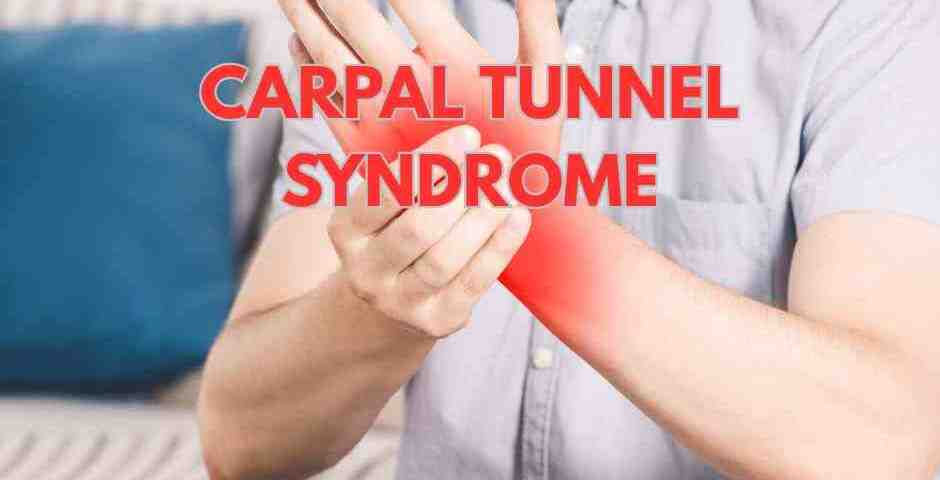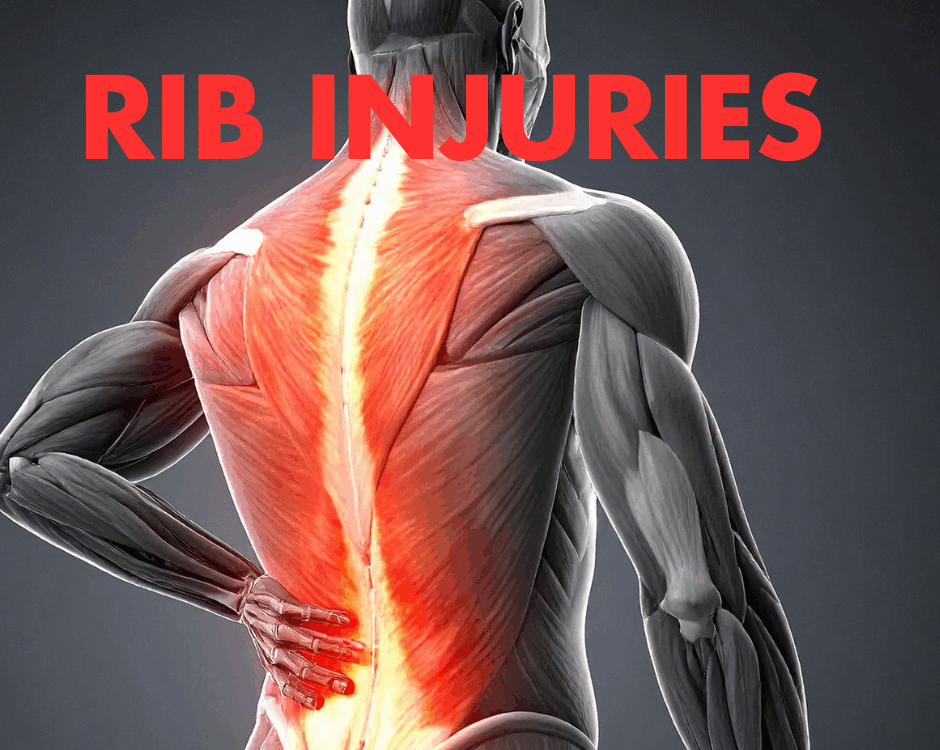Carpal Tunnel Syndrome vs Cervical Radiculopathy After a Car Accident

The Rhomboid Muscles
July 14, 2025
The Cashew
July 14, 2025- Accident doctor
- accupuncture
- airplane headache
- alzheimer's
- best habits
- Brain Injuries
- car accident
- car accidents
- cervical strain
- colds
- concussion
- Concussions
- disc bulge
- dosage meds
- dry needling
- dull pain
- E bike injuries
- florida
- good posture
- headaches
- Headrest positions
- Headrest positions after an accident
- Healthy choices
- Healthy flying
- healthy gift guide
- Healthy SPring Ideas
- hip pain
- hyperextension
- injury doctor
- insurance
- Kayaking
- kentucky
- kids motion sickness
- lifestyle
- motion sickness
- neck injury
- no fault insurance doctor
- noise healing
- osteoporosis
- pain symptoms
- pink noise
- posterior chain
- posture
- prevent osteoporosis
- Rest
- Scoliosis
- shoulder pain
- Stress with kids after a motor vehicle accident
- TBI
- tips
- tmj
- torn muscle
- Traumatic Brain Injury
- trigger points
- VitaminD
- What are Post Traumatic headaches?
Carpal Tunnel Syndrome vs Cervical Radiculopathy After a Car Accident
Car accidents can cause many types of injuries. While injuries like broken bones or bruising seem obvious, others are more hidden but just as serious. Two conditions that can result from an accident are carpal tunnel syndrome (CTS) and cervical radiculopathy. They may feel similar at first (tingling, numbness, pain in the arms or hands) but they are two very different conditions. Dr. Deryk Harting of Chambers Medical Group, one of the highest rated car accident medical care providers in Florida, explains carpal tunnel syndrome versus cervical radiculopathy after a car accident.
During a car accident, the body absorbs a high amount of force very quickly. It is quite common for people to brace their arms against the steering wheel while the neck snaps forward and backwards excessively. These motions can compress nerves and inflame other soft tissues.
CTS is often caused by direct trauma to the wrist or inflammation of the median nerve as it passes through the carpal tunnel in the wrist. Swelling from direct impact, airbag deployment, or bracing during impact can cause this.
Cervical radiculopathy happens when a nerve root in the neck (cervical spine) gets compressed. This could be due to a herniated disc, swelling, or vertebral misalignment from spinal trauma. The nerve root sends signals down the arm, so pain and numbness can appear far from the neck itself.
At first, these two conditions can seem alike: both may cause pain, tingling, or weakness in the hands or arms. But their causes and treatments are quite different. Here is how they compare:
- Causes: CTS affects the median nerve at the wrist. Radiculopathy involves a nerve root exiting the spine in the neck.
- Symptoms: CTS often causes numbness in the thumb, index, and middle fingers, especially at night. Radiculopathy can cause pain, numbness, or weakness in a larger area including the shoulder, arm, and hand, depending on which nerve root is compressed.
- Diagnosis: CTS is diagnosed through physical orthopedic tests like Phalen’s or Tinel’s sign and confirmed with nerve conduction studies. Radiculopathy is evaluated with a neurological exam and confirmed by MRI or CT scans showing spinal abnormalities.
- Imaging & Testing: CTS does not always show up on standard imaging with x-ray or MRIs. Nerve conduction velocity (NCV)/electromyography (EMG) tests are the gold standard. Cervical radiculopathy often appears on MRI as a disc herniation or narrowing of the spinal foramen (the space where a nerve root exits the spine).
- Treatment: CTS is usually treated with splints, anti-inflammatories, stretching, and possibly surgery to release the carpal ligament if conservative care fails. Cervical radiculopathy treatment often includes physical therapy, chiropractic care, medications, epidural steroid injections, and in severe cases, surgical decompression of the nerve root.
- Prognosis: CTS has a good outlook if treated early. Surgery also has a high success rate. Radiculopathy can also improve with non-surgical care, but severe or chronic cases may lead to muscle weakness or persistent pain and ultimately require surgery.
A medical provider will often use a combination of history, physical exams, nerve testing, and diagnostic imaging to pinpoint the root cause. Early evaluation is important as waiting too long can lead to nerve damage that is difficult to heal or may become permanent.
If you have been in a crash and are experiencing hand or arm symptoms, do not assume it is just a “pinched nerve.” An accurate and correct diagnosis determines the correct treatment. CTS and cervical radiculopathy may seem similar but treating one when it is actually the other can delay recovery or make things worse. If you are having numbness, tingling, weakness after an accident- do not wait. Get it checked.
— This article is written by Deryk Harting, DC, one of the members of Chambers Medical Group’s team of car accident chiropractors who offer a variety of treatments and therapies ranging from diagnostic testing to various soft tissue therapies for car accidents and injuries in Florida.




